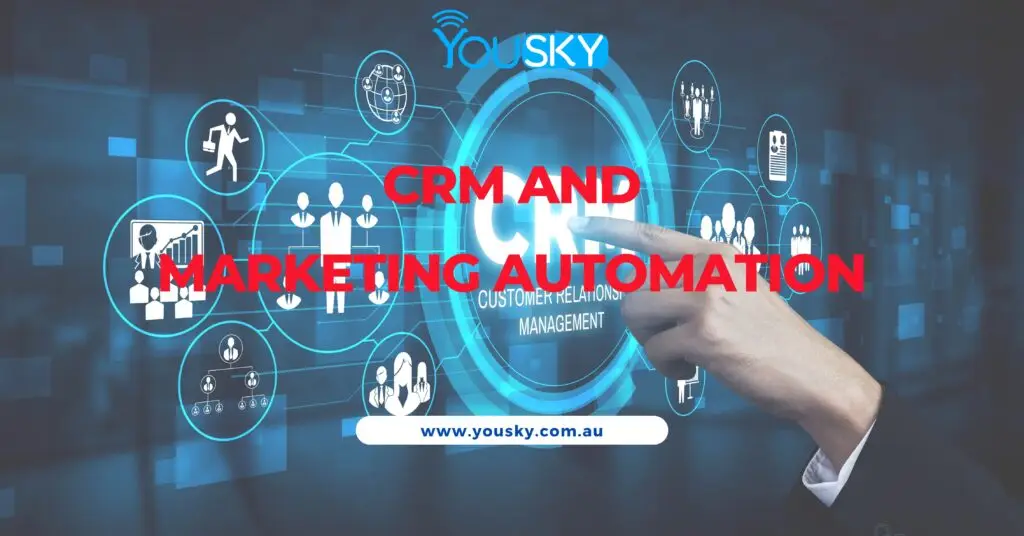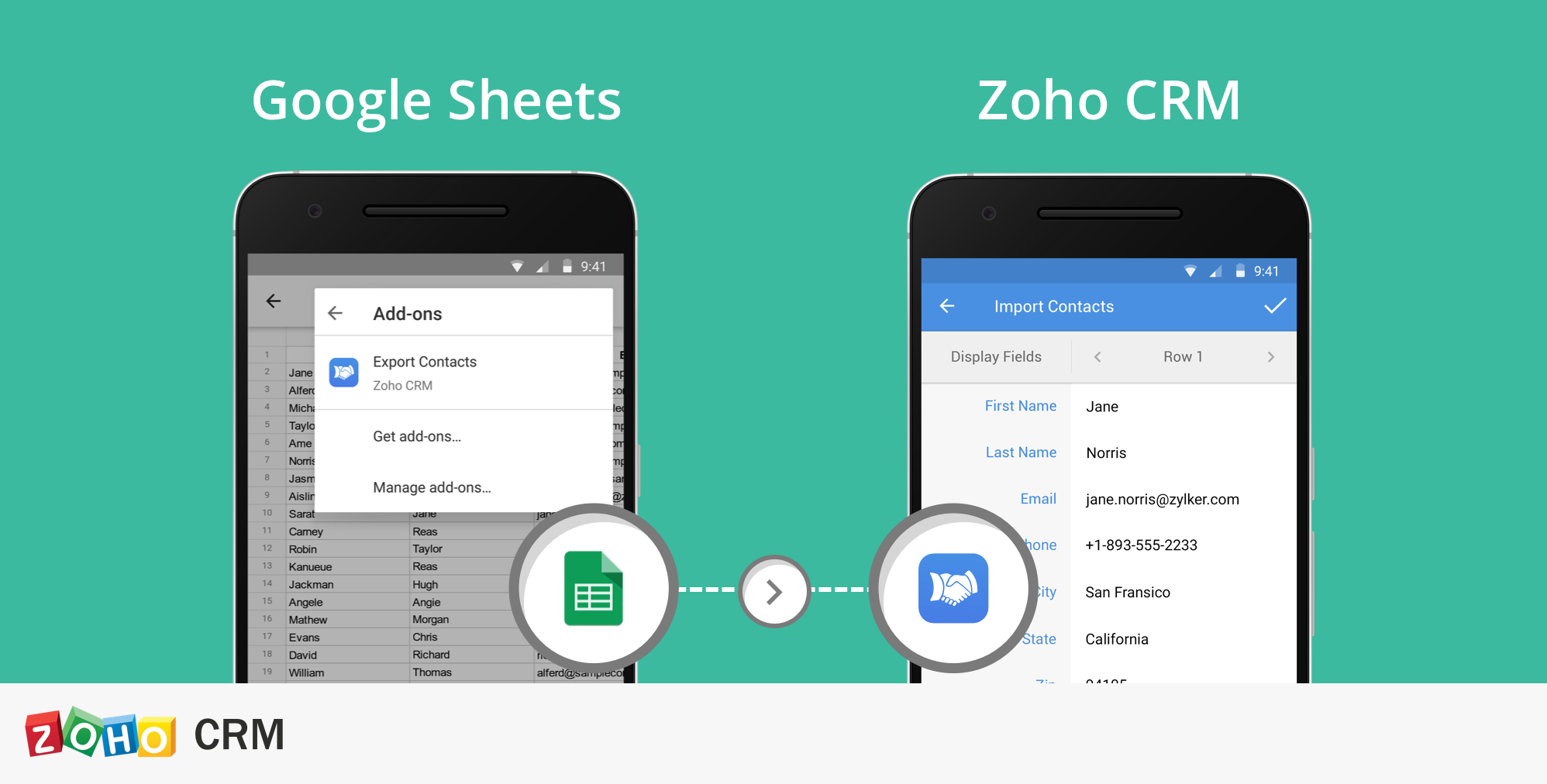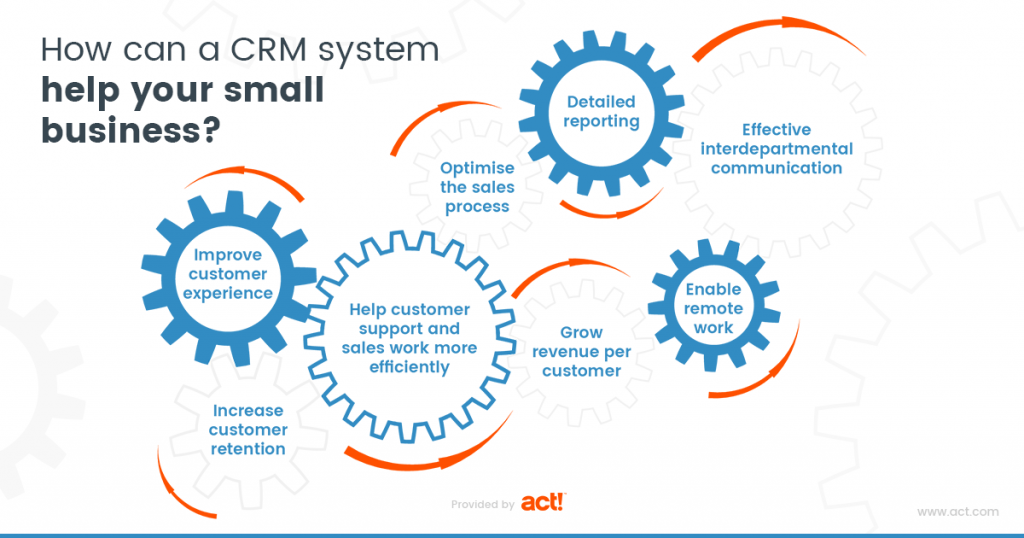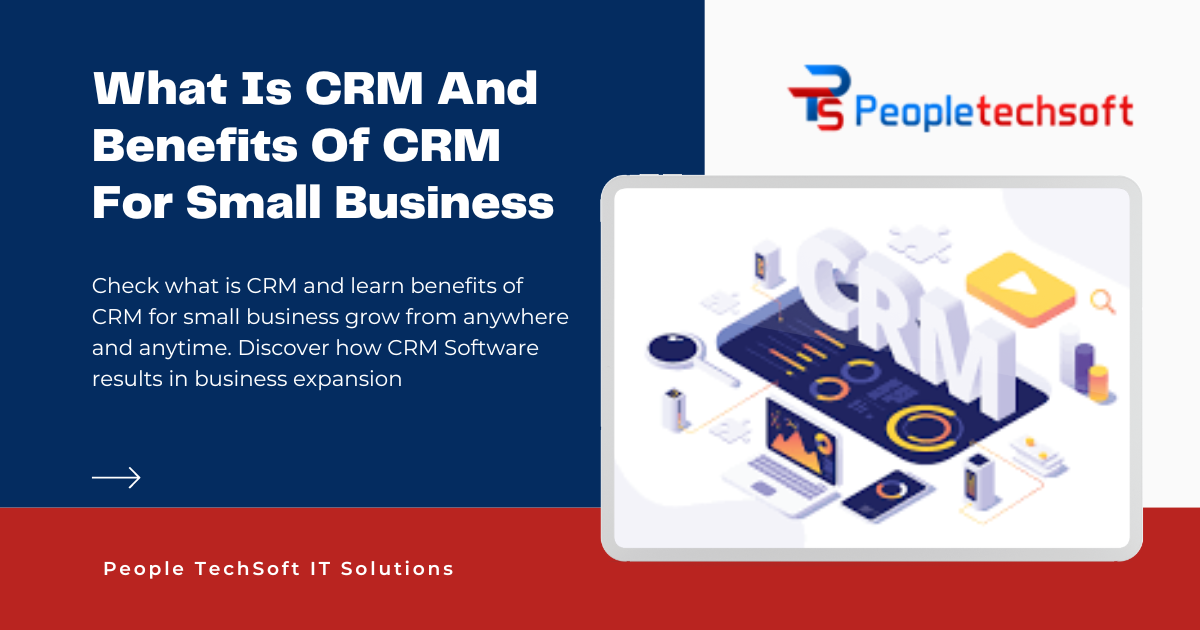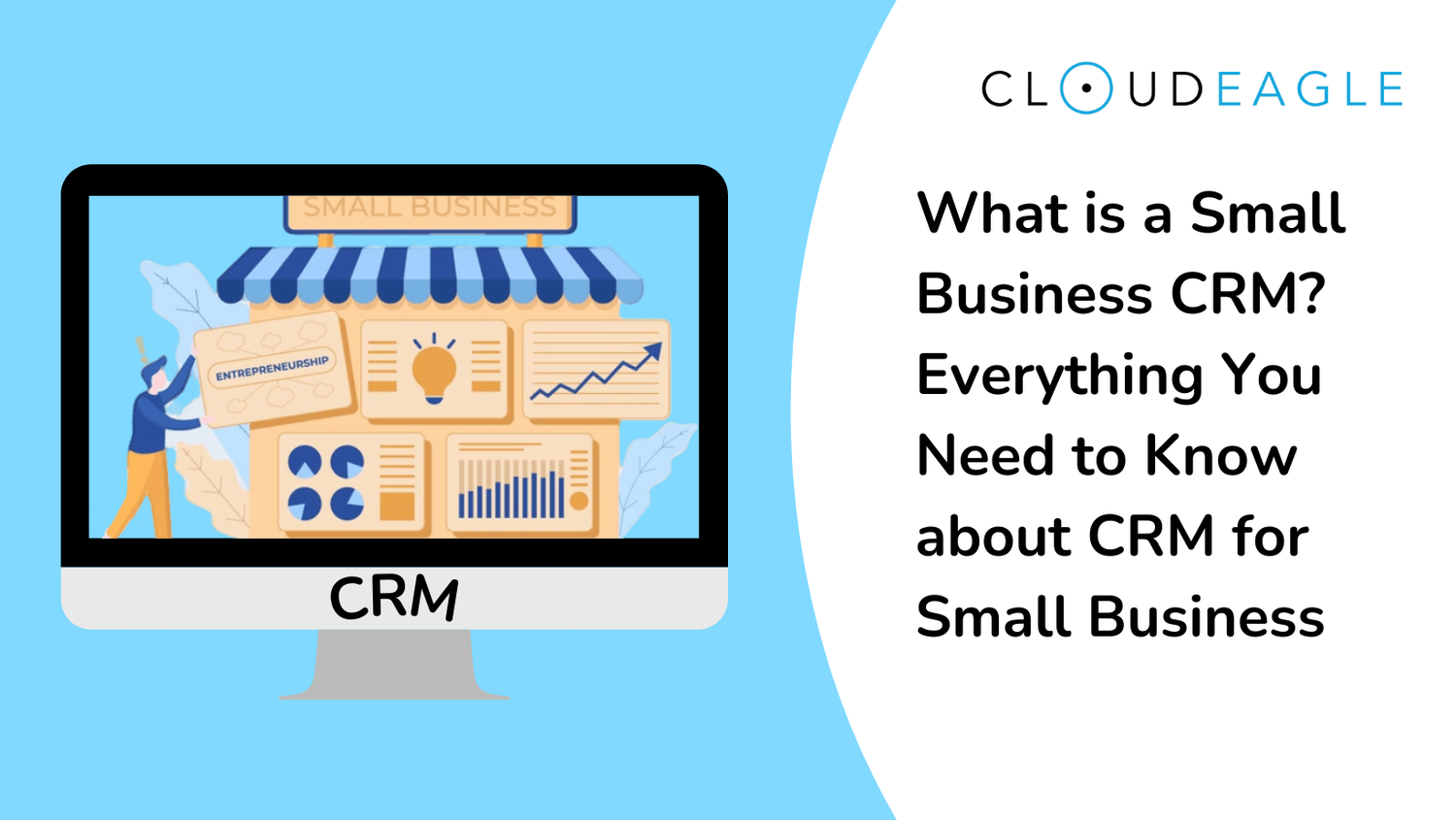Essential CRM Features for Small Businesses: A Comprehensive Guide to Success
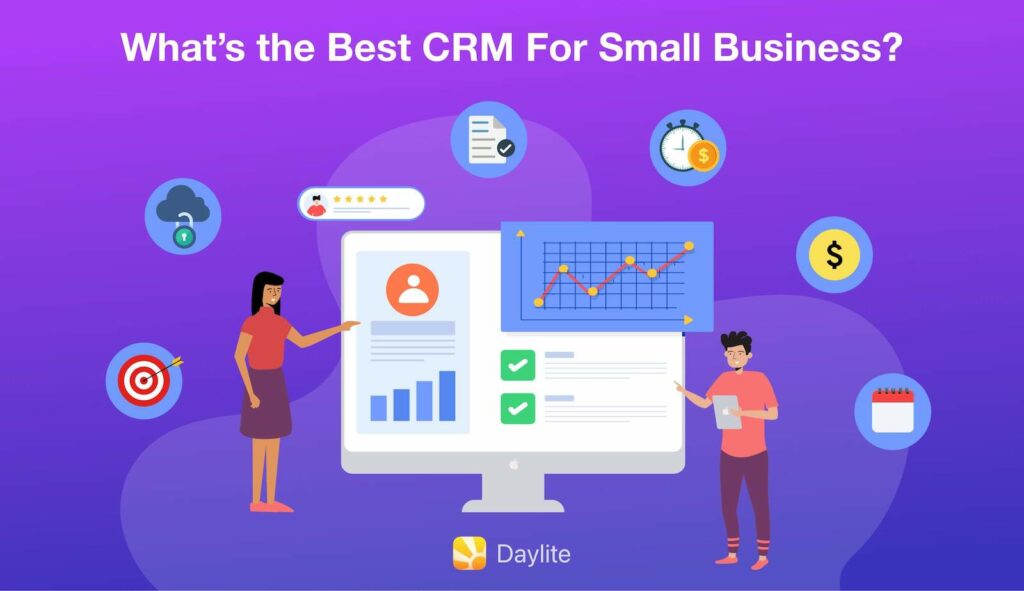
Essential CRM Features for Small Businesses: A Comprehensive Guide to Success
Starting and running a small business is an exhilarating journey. You’re the captain of your own ship, navigating the choppy waters of the market. But even the most seasoned sailors need the right tools to chart their course and weather the storms. In the business world, that tool is Customer Relationship Management (CRM) software. But with a sea of options out there, choosing the right CRM can feel overwhelming. This comprehensive guide will break down the essential CRM features for small businesses, helping you navigate the complexities and steer your company towards success.
What is CRM and Why Does Your Small Business Need It?
Before we dive into the features, let’s establish the basics. CRM stands for Customer Relationship Management. It’s a system that helps businesses manage and analyze customer interactions and data throughout the customer lifecycle. Think of it as the central nervous system of your business, connecting all the different parts and providing valuable insights.
Why is CRM so crucial for small businesses? Here’s why:
- Improved Customer Relationships: CRM helps you understand your customers better, personalize interactions, and build stronger relationships.
- Increased Sales: By streamlining sales processes and identifying opportunities, CRM can boost your sales figures.
- Enhanced Efficiency: Automation features in CRM can free up your time, allowing you to focus on core business activities.
- Better Data Management: CRM centralizes customer data, making it easy to access and analyze information.
- Data-Driven Decision Making: With CRM, you can make informed decisions based on real-time data and insights.
Core CRM Features Every Small Business Should Consider
Now, let’s explore the essential CRM features that will empower your small business. These features are the building blocks of a successful CRM system.
1. Contact Management
At its heart, a CRM is about managing contacts. Contact management is the cornerstone of any CRM system. It allows you to store and organize all your customer information in one centralized location. This includes names, contact details, communication history, and any other relevant information. A robust contact management system should offer:
- Detailed Contact Profiles: Capture all the essential information about your customers, including their contact details, job title, company, and any other relevant data.
- Segmentation: Group your contacts based on various criteria, such as demographics, interests, or purchase history. This allows you to target specific segments with tailored marketing campaigns.
- Easy Search and Filtering: Quickly find the contacts you need using advanced search and filtering options.
- Duplicate Detection: Identify and merge duplicate contact records to ensure data accuracy.
- Activity Tracking: Log all interactions with your contacts, including calls, emails, meetings, and tasks.
Imagine a scenario where you need to reach out to all your customers who purchased a specific product. With a solid contact management system, you can easily filter your contacts based on their purchase history and send a targeted email campaign. This level of precision is invaluable for effective marketing and sales efforts.
2. Lead Management
Lead management is the process of tracking and nurturing potential customers (leads) throughout the sales pipeline. It involves capturing lead information, qualifying leads, and moving them through the various stages of the sales process. Key lead management features include:
- Lead Capture: Capture leads from various sources, such as website forms, landing pages, and social media.
- Lead Scoring: Assign scores to leads based on their behavior and engagement, helping you prioritize the most promising leads.
- Lead Qualification: Determine whether a lead is a good fit for your business based on predefined criteria.
- Lead Routing: Automatically assign leads to the appropriate sales representatives.
- Sales Pipeline Management: Track leads through the sales pipeline, from initial contact to closing the deal.
A good lead management system will help you convert more leads into paying customers. For instance, if a lead downloads a valuable resource from your website, the system can automatically assign a higher score to that lead, indicating a higher level of interest. This allows your sales team to focus their efforts on the most promising prospects.
3. Sales Automation
Sales automation is all about streamlining your sales processes and automating repetitive tasks. This frees up your sales team to focus on more strategic activities, such as building relationships and closing deals. Key sales automation features include:
- Email Automation: Automate email campaigns, such as welcome emails, follow-up emails, and nurturing sequences.
- Workflow Automation: Automate repetitive tasks, such as lead assignment, task creation, and deal updates.
- Task Management: Create and assign tasks to sales representatives, ensuring they stay on track with their activities.
- Sales Reporting: Generate reports on sales performance, such as sales pipeline, lead conversion rates, and revenue.
- Appointment Scheduling: Integrate with calendar systems to schedule appointments and meetings with customers.
Imagine automating the process of sending a follow-up email after a sales call. This can be easily accomplished with sales automation, ensuring that no opportunity is missed. By automating these tedious tasks, you can significantly boost your sales team’s productivity and effectiveness.
4. Marketing Automation
Marketing automation helps you automate marketing tasks, such as email campaigns, social media posting, and lead nurturing. It allows you to engage with your audience in a more targeted and personalized way. Key marketing automation features include:
- Email Marketing: Design and send email campaigns to your audience, including newsletters, promotional emails, and drip campaigns.
- Social Media Management: Schedule and manage social media posts across various platforms.
- Lead Nurturing: Create automated workflows to nurture leads and guide them through the sales funnel.
- Campaign Tracking: Track the performance of your marketing campaigns, including open rates, click-through rates, and conversions.
- Segmentation: Segment your audience based on their behavior and interests to send targeted messages.
Marketing automation can be a game-changer for small businesses. For instance, you can set up an automated email sequence that sends a series of educational emails to new leads, nurturing them and building their interest in your product or service. This can significantly improve your lead conversion rates.
5. Reporting and Analytics
Data is the lifeblood of any successful business. Reporting and analytics features in CRM provide valuable insights into your sales and marketing performance. These insights allow you to make data-driven decisions and optimize your strategies. Key reporting and analytics features include:
- Sales Reports: Track sales performance, such as revenue, sales pipeline, and lead conversion rates.
- Marketing Reports: Analyze the performance of your marketing campaigns, including open rates, click-through rates, and conversions.
- Customer Segmentation: Analyze customer data to identify patterns and trends.
- Customizable Dashboards: Create custom dashboards to visualize key metrics and track progress.
- Data Export: Export data for further analysis and reporting.
With robust reporting and analytics, you can identify which marketing campaigns are most effective, which sales reps are performing best, and which products or services are most popular. This information is invaluable for making informed decisions and improving your overall business performance.
6. Integrations
The ability to integrate your CRM with other business tools is crucial for streamlining your workflows and maximizing efficiency. Key integrations include:
- Email Marketing Platforms: Integrate with email marketing platforms like Mailchimp or Constant Contact to sync your contacts and automate email campaigns.
- Accounting Software: Integrate with accounting software like QuickBooks or Xero to track sales and manage finances.
- Website Forms: Integrate with website forms to automatically capture lead information and add it to your CRM.
- Social Media Platforms: Integrate with social media platforms to manage your social media presence and track customer interactions.
- E-commerce Platforms: Integrate with e-commerce platforms like Shopify or WooCommerce to track sales and manage customer orders.
Imagine the convenience of automatically syncing customer data from your website forms directly into your CRM. This eliminates the need for manual data entry and ensures that your customer information is always up-to-date. Integrations are essential for creating a seamless and efficient workflow.
7. Mobile Access
In today’s fast-paced world, it’s essential to have access to your CRM data on the go. Mobile access allows your sales team to access customer information, update records, and manage their activities from anywhere, anytime. Key mobile features include:
- Mobile Apps: Access your CRM data through a dedicated mobile app.
- Offline Access: Access important data even when you don’t have an internet connection.
- Push Notifications: Receive real-time notifications about important events, such as new leads or meeting reminders.
- Contact Management: Access and update contact information on the go.
- Task Management: Manage your tasks and activities from your mobile device.
Mobile access empowers your sales team to be more productive and responsive. They can quickly access customer information during a meeting, update records after a call, and stay on top of their tasks, regardless of their location.
8. Security and Data Privacy
Protecting your customer data is paramount. Your CRM system should have robust security features to safeguard your sensitive information. Key security features include:
- Data Encryption: Encrypt your data to protect it from unauthorized access.
- User Permissions: Control who can access your data and what they can do with it.
- Regular Backups: Ensure that your data is regularly backed up to prevent data loss.
- Compliance with Data Privacy Regulations: Ensure that your CRM system complies with data privacy regulations, such as GDPR and CCPA.
- Two-Factor Authentication: Add an extra layer of security with two-factor authentication.
When choosing a CRM, prioritize security features to protect your customer data and maintain their trust. Look for a CRM that complies with industry-standard security protocols and data privacy regulations.
Choosing the Right CRM for Your Small Business
Now that you understand the essential CRM features, the next step is choosing the right CRM for your small business. Here are some factors to consider:
- Your Business Needs: Identify your specific needs and requirements. What are your sales goals? What are your marketing objectives? What are your biggest pain points?
- Budget: Determine your budget for a CRM system. CRM software varies in price, from free to thousands of dollars per month.
- Ease of Use: Choose a CRM that is user-friendly and easy to learn. The system should be intuitive and require minimal training.
- Scalability: Choose a CRM that can grow with your business. As your business expands, your CRM should be able to handle the increased volume of data and users.
- Integrations: Consider the integrations you need to connect with other business tools. Make sure the CRM integrates with the tools you already use.
- Customer Support: Choose a CRM provider that offers excellent customer support. You’ll need help and assistance when you encounter issues or have questions.
- Reviews and Ratings: Research CRM providers and read reviews from other small businesses. This will give you valuable insights into the strengths and weaknesses of different CRM systems.
By carefully considering these factors, you can choose a CRM that is the perfect fit for your small business. Don’t rush the decision-making process. Take your time to research different options and evaluate their features, pricing, and customer reviews.
Implementing Your CRM: Best Practices
Once you’ve chosen your CRM, the next step is implementation. Here are some best practices for a successful CRM implementation:
- Plan Your Implementation: Develop a detailed implementation plan that outlines the steps you need to take, the timeline, and the resources you’ll need.
- Clean Your Data: Clean and organize your existing data before importing it into your CRM. This will ensure data accuracy and consistency.
- Customize Your CRM: Customize your CRM to meet your specific business needs. Configure the system to match your workflows and processes.
- Train Your Team: Provide comprehensive training to your team on how to use the CRM. This will ensure that everyone is familiar with the system and can use it effectively.
- Monitor and Evaluate: Regularly monitor your CRM usage and evaluate its performance. Make adjustments as needed to optimize your processes and improve results.
- Get Everyone on Board: CRM implementation is a team effort. Ensure all employees understand the importance of the CRM and are committed to using it.
- Start Small and Scale Up: Don’t try to implement everything at once. Start with a few key features and gradually add more functionality as your team becomes comfortable with the system.
A well-executed CRM implementation can transform your small business. By following these best practices, you can ensure a smooth and successful implementation.
The Benefits of CRM for Small Businesses: A Summary
Let’s recap the key benefits of using CRM for your small business:
- Improved Customer Relationships: Build stronger relationships with your customers by understanding their needs and preferences.
- Increased Sales: Streamline your sales processes, identify opportunities, and close more deals.
- Enhanced Efficiency: Automate repetitive tasks and free up your time to focus on core business activities.
- Better Data Management: Centralize customer data and make it easy to access and analyze information.
- Data-Driven Decision Making: Make informed decisions based on real-time data and insights.
- Improved Customer Service: Provide better customer service by having access to all the information you need at your fingertips.
- Increased Revenue: Ultimately, CRM helps you increase revenue and grow your business.
Conclusion: Embrace CRM and Propel Your Small Business Forward
In today’s competitive business landscape, a CRM system is no longer a luxury; it’s a necessity. By implementing the essential CRM features discussed in this guide, your small business can build stronger customer relationships, increase sales, and improve efficiency. Don’t let the complexities of CRM hold you back. Embrace the power of CRM and watch your small business thrive. The right CRM, with the right features, is an investment in your future. It’s about more than just managing customers; it’s about building a sustainable, successful business.
Take the time to research and choose the CRM that best aligns with your unique business needs. Implement it strategically, train your team effectively, and continuously monitor and optimize your processes. With the right CRM in place, you’ll be well-equipped to navigate the challenges and seize the opportunities that come your way. Your success story starts now.

